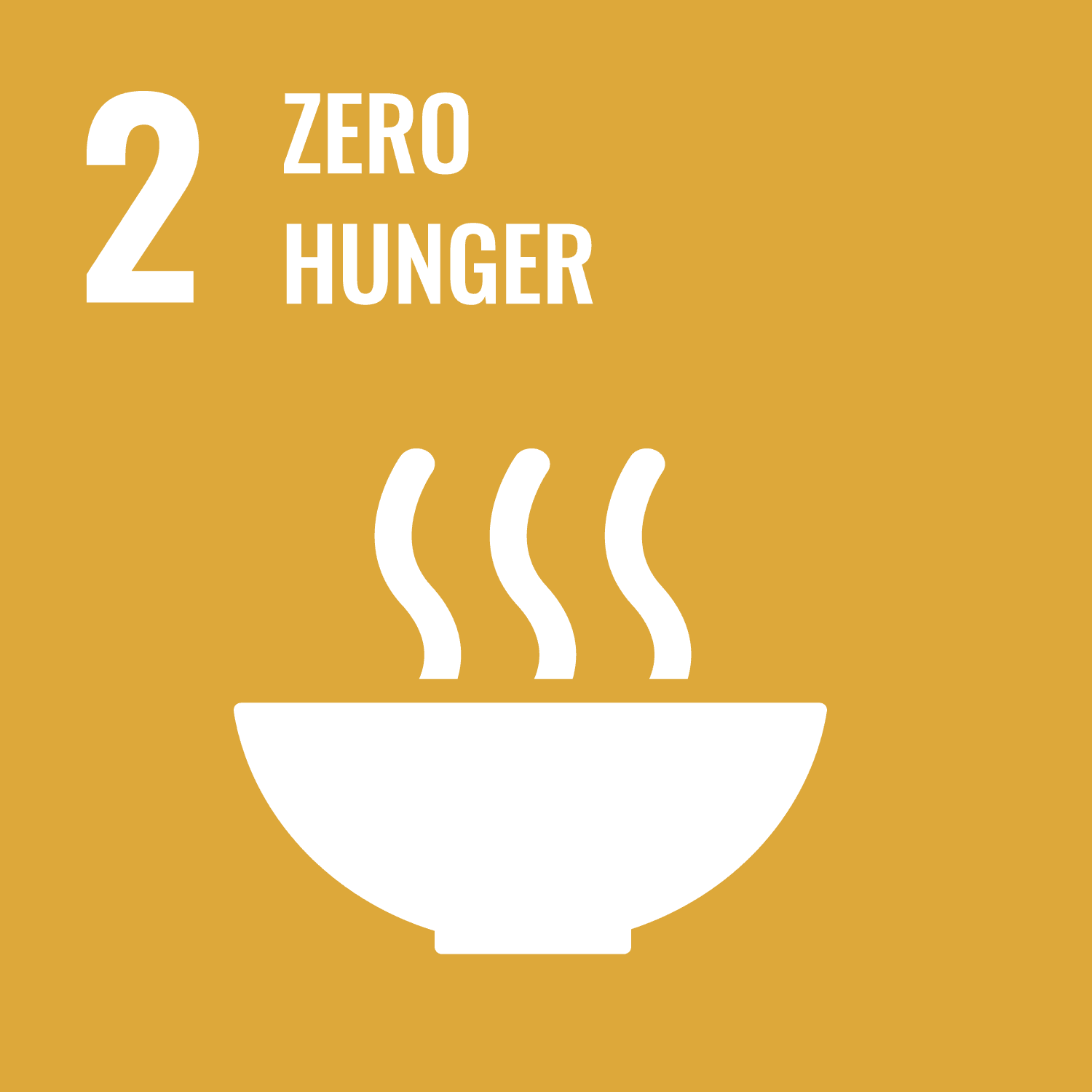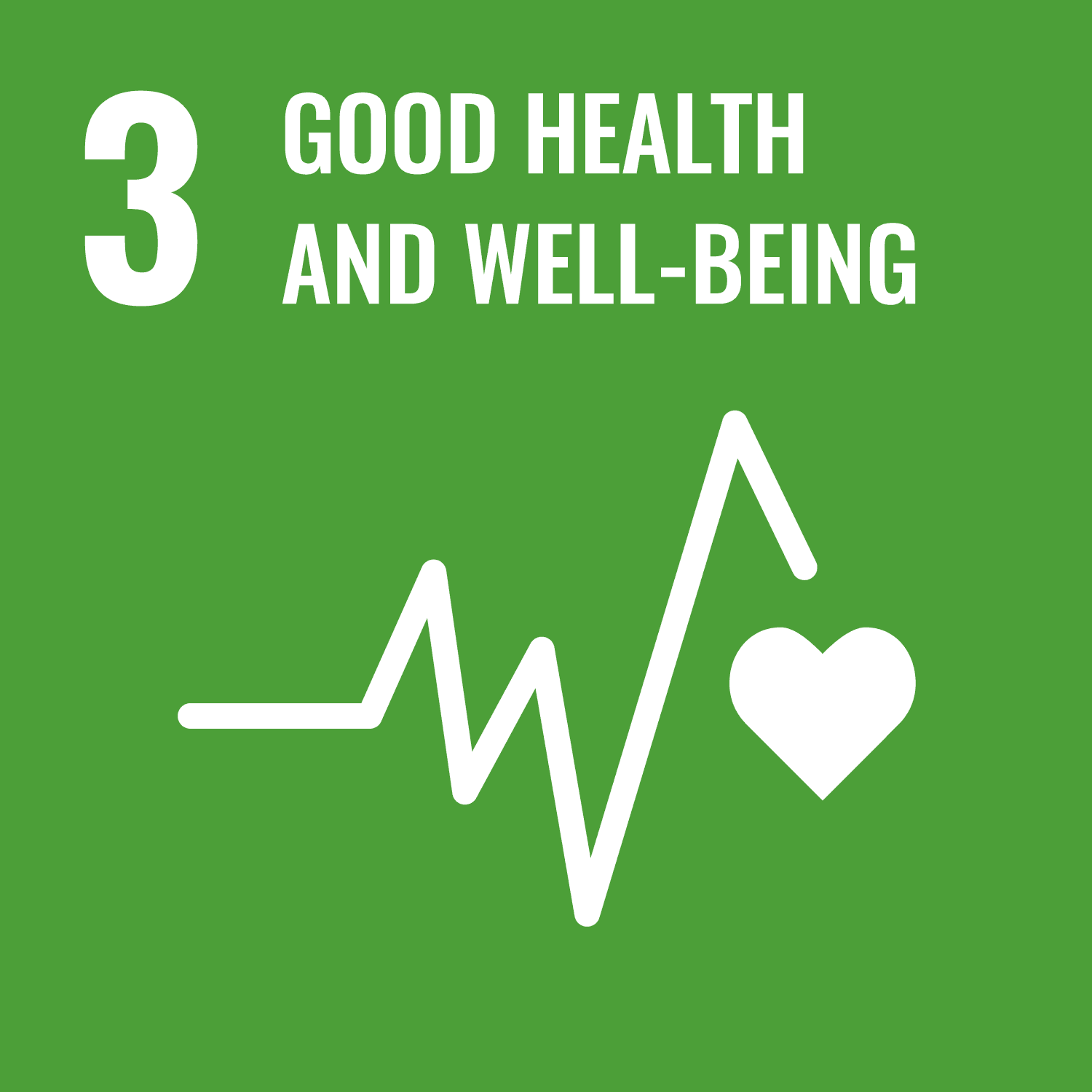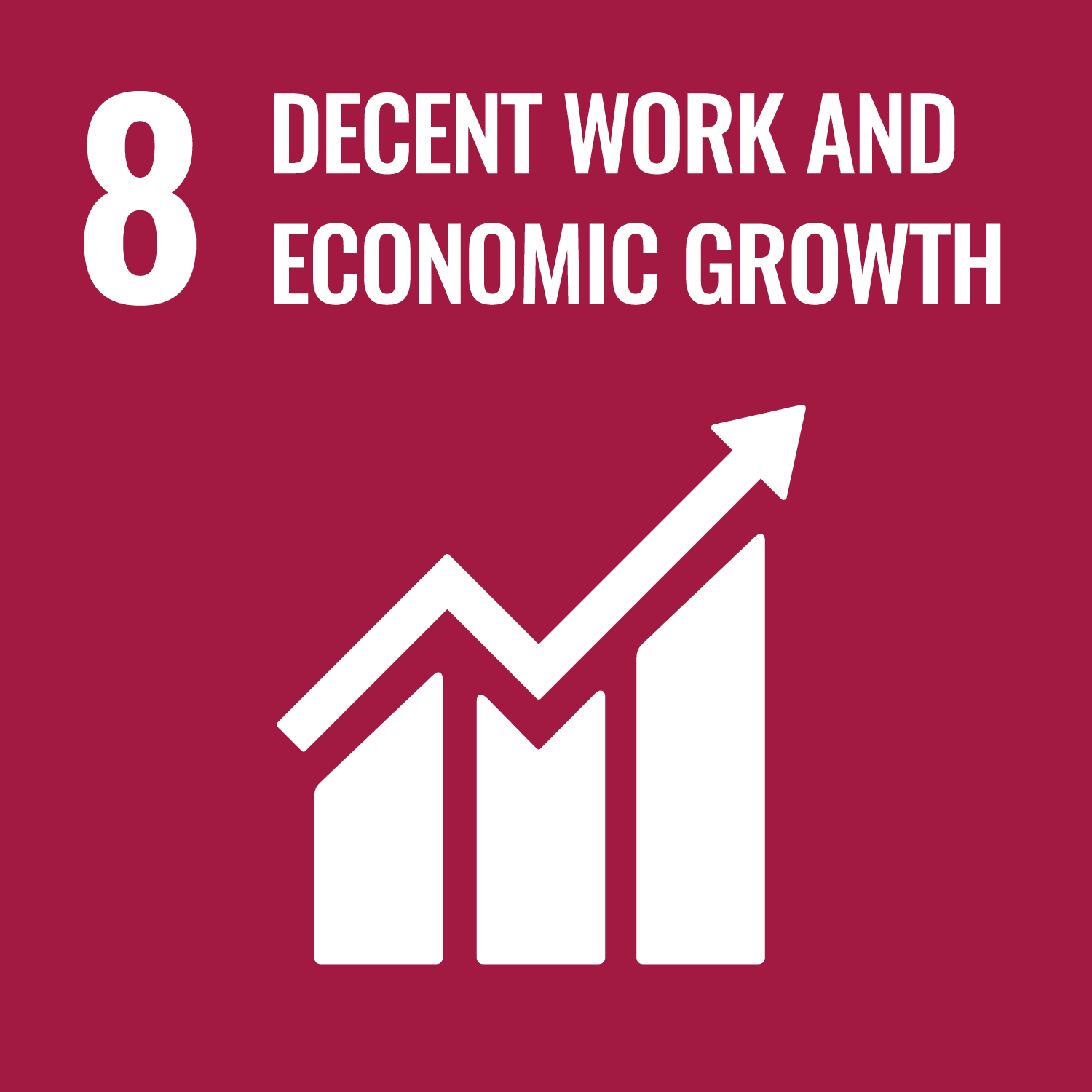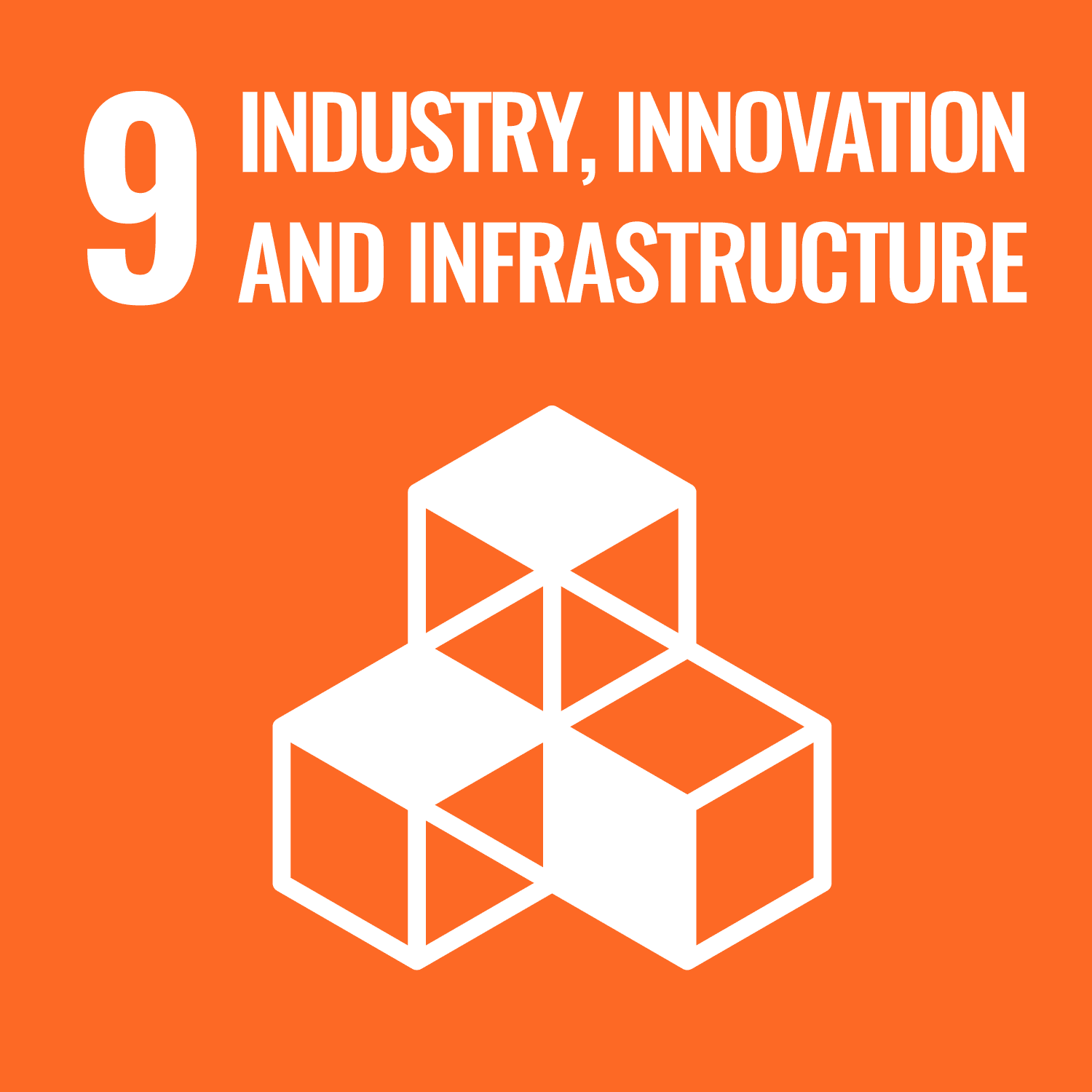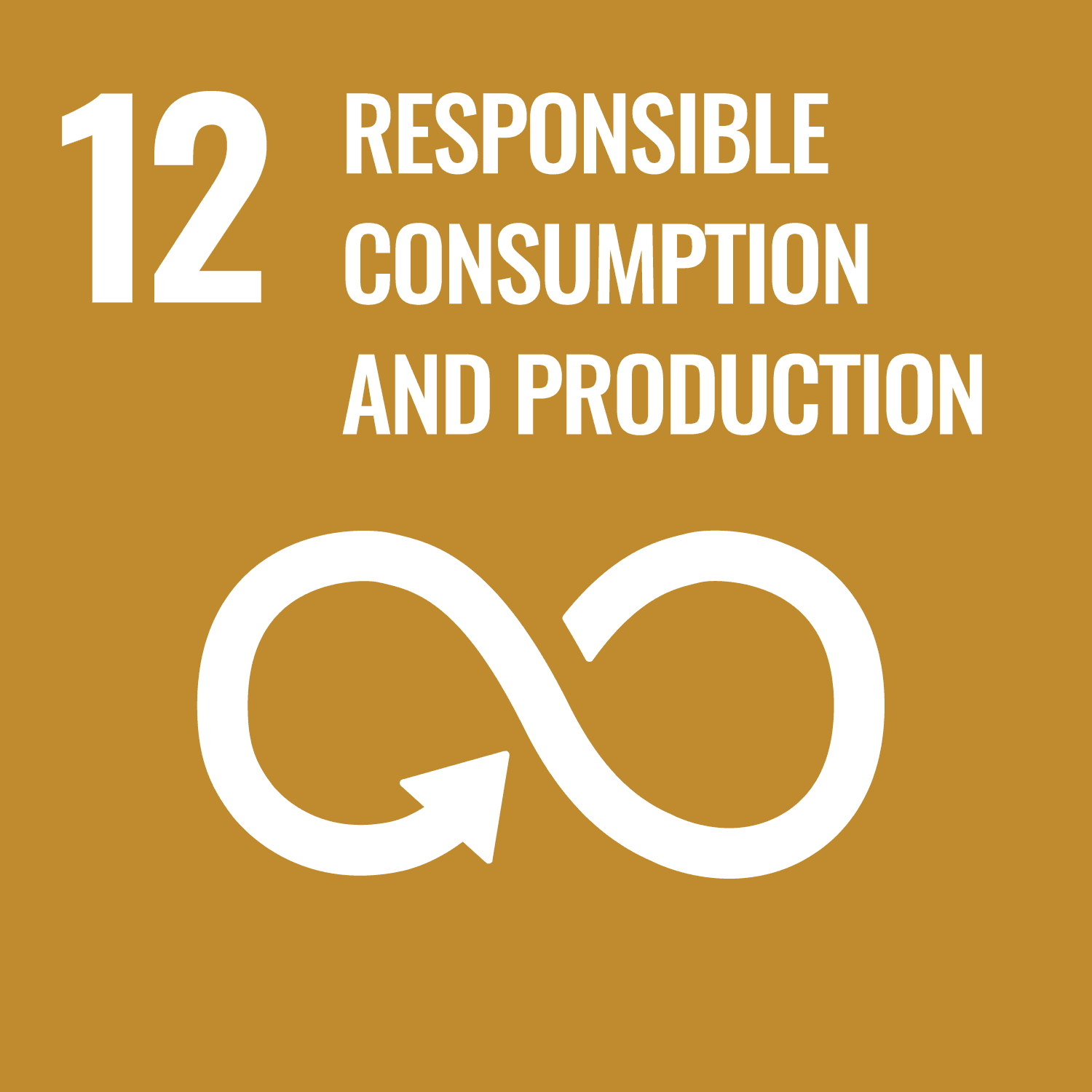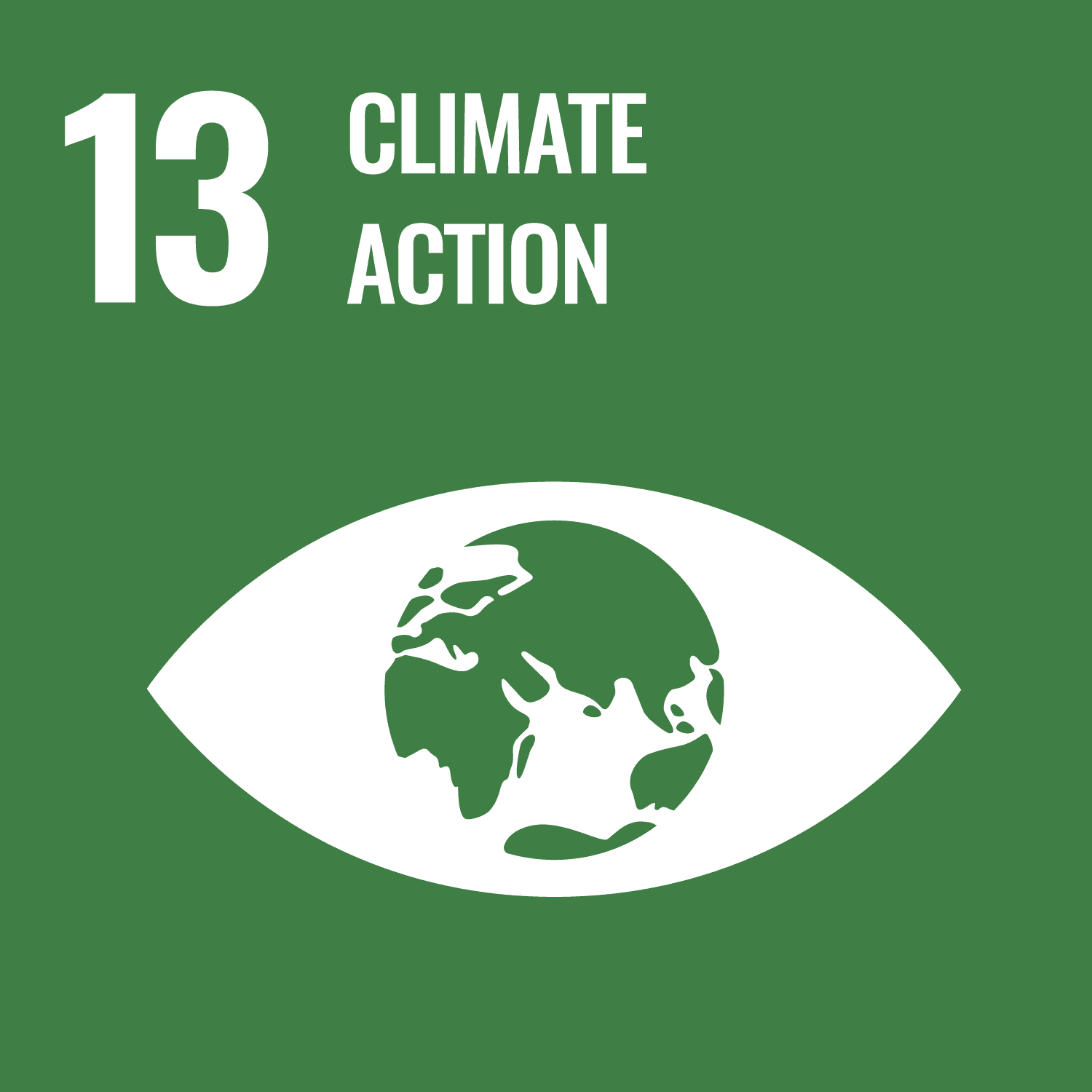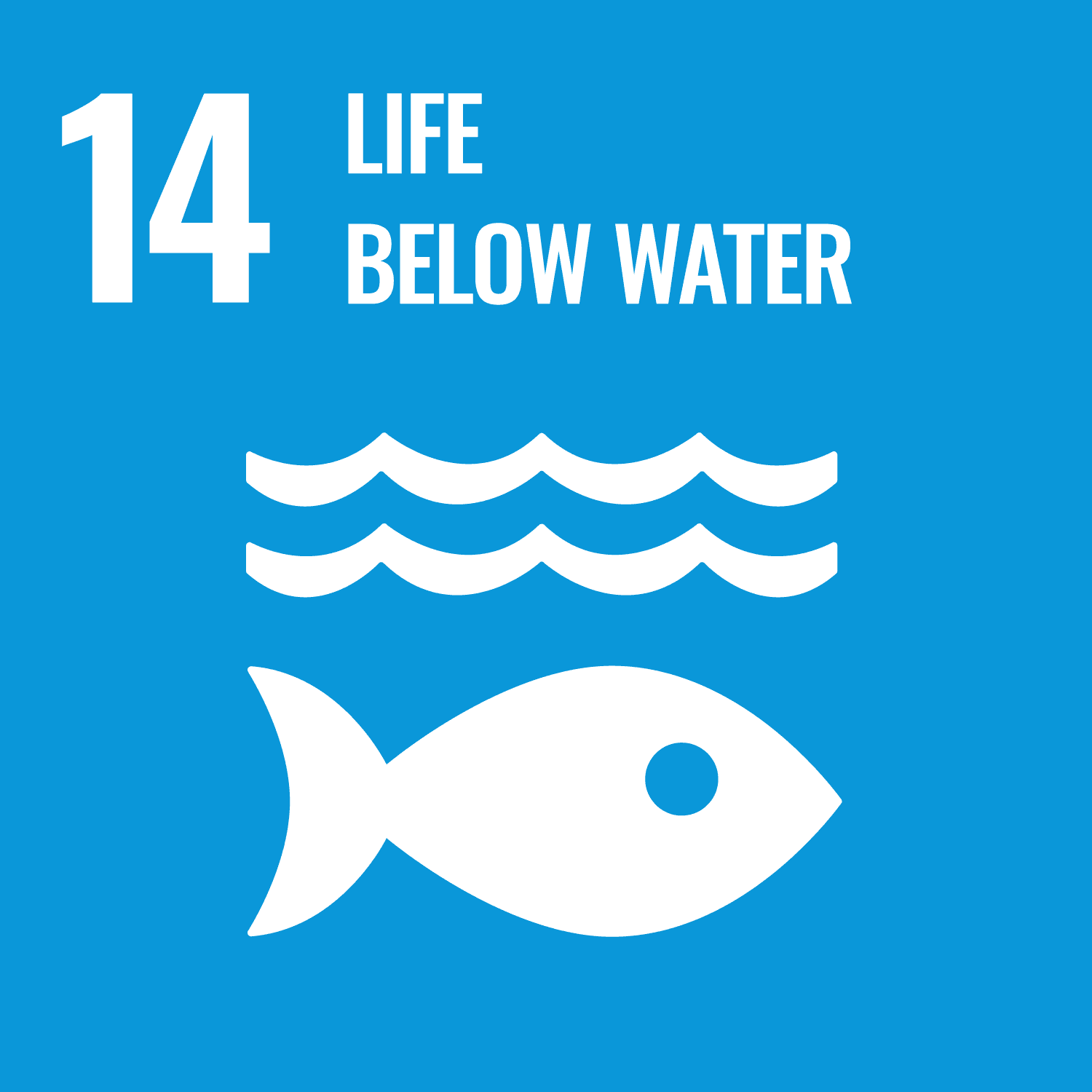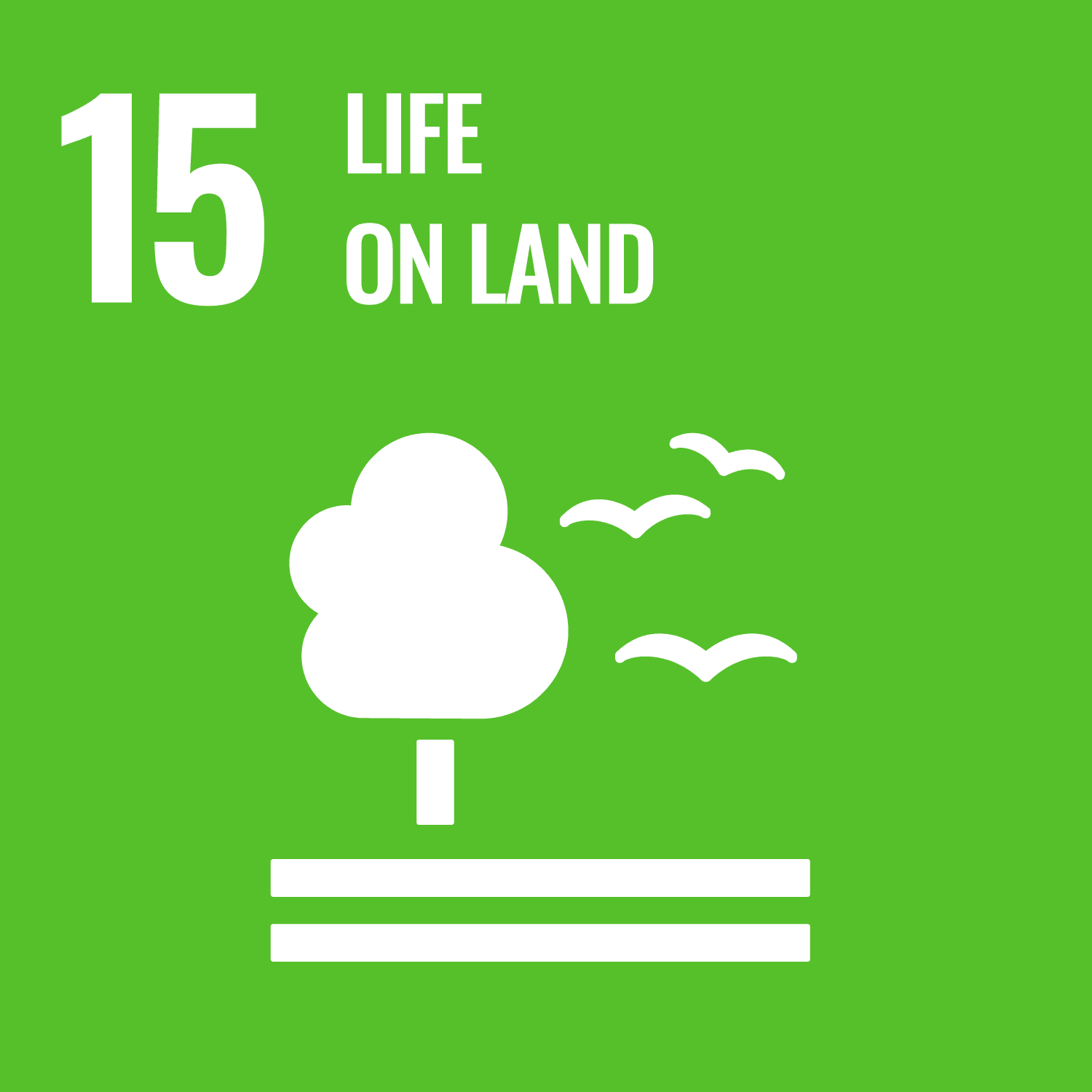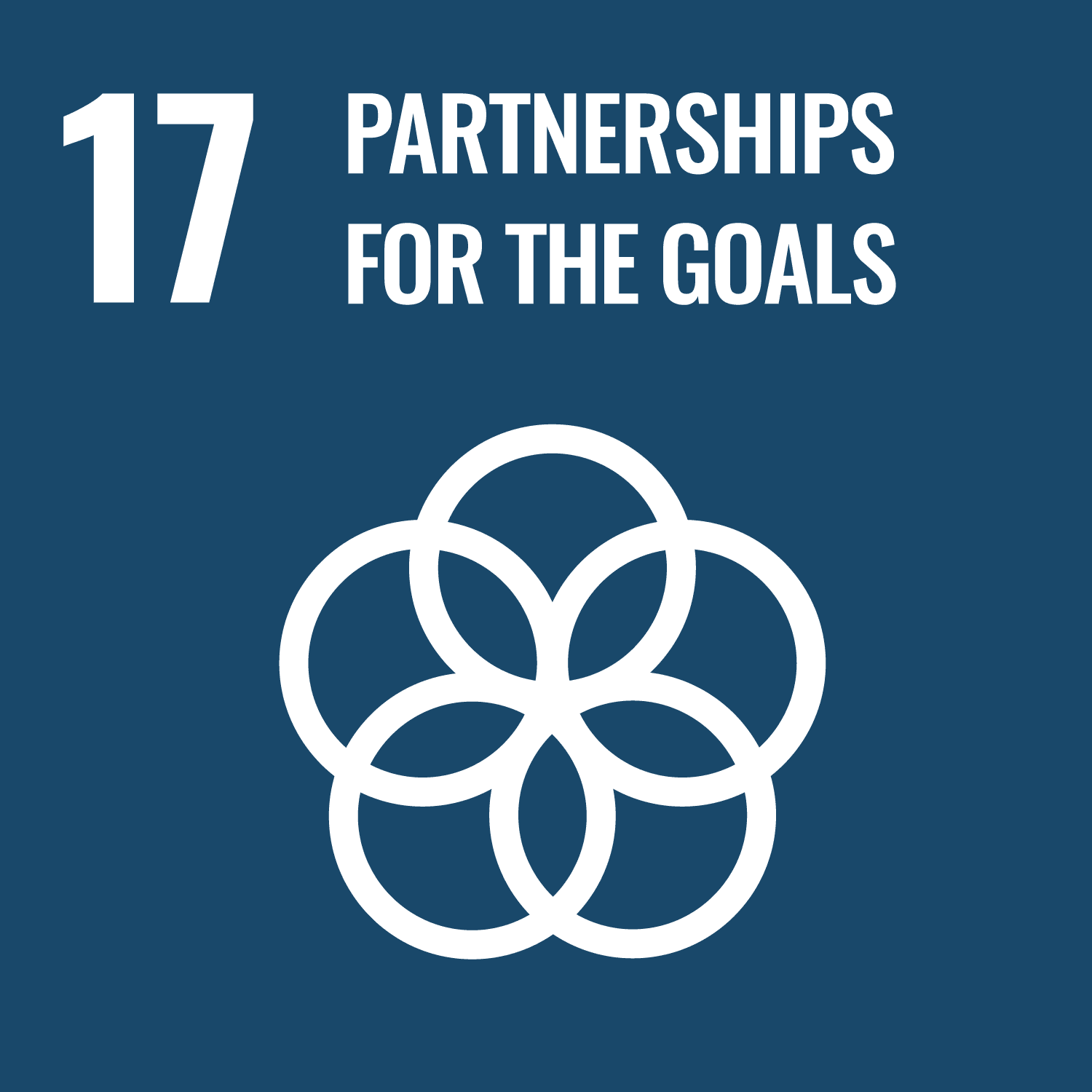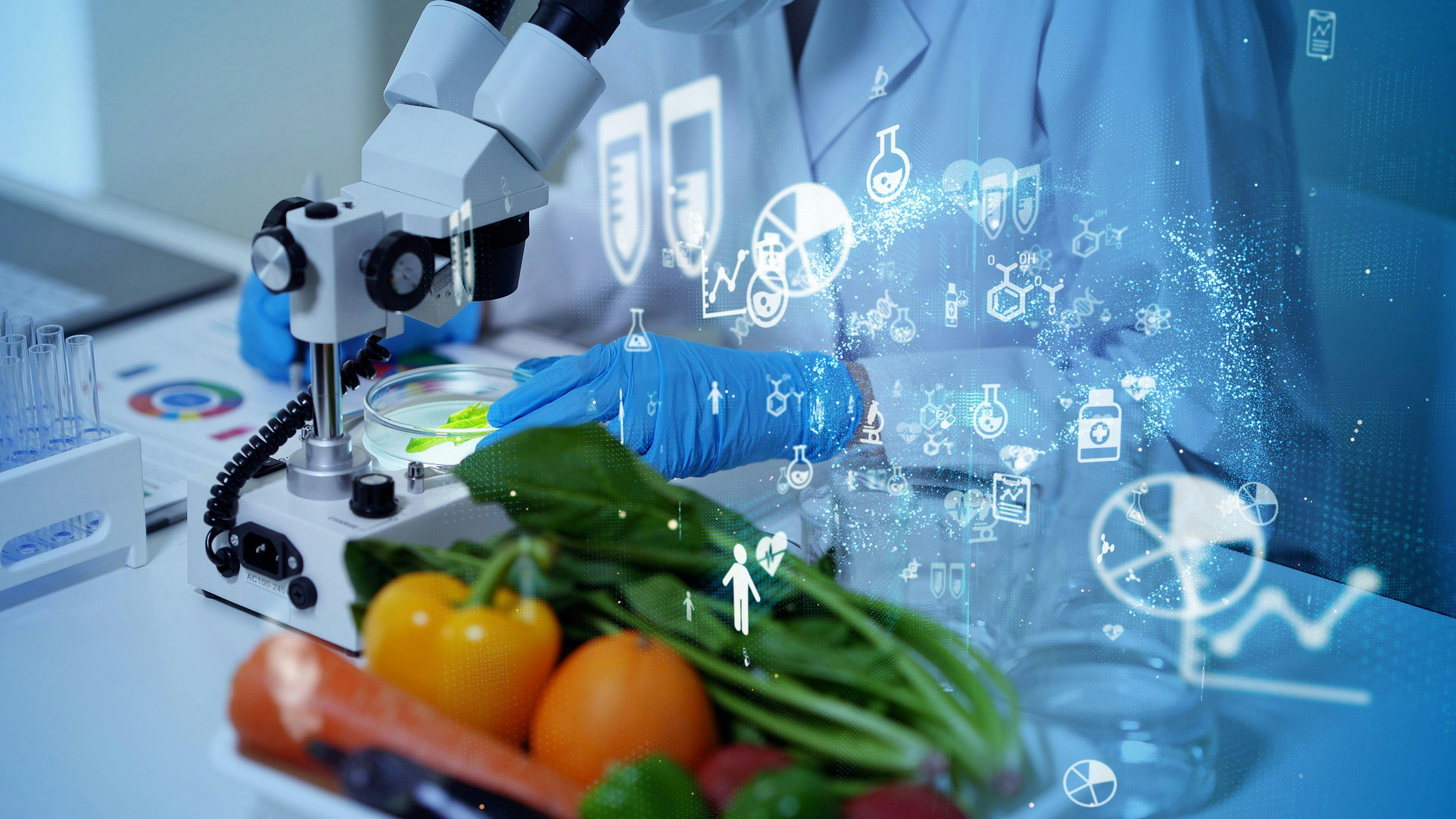
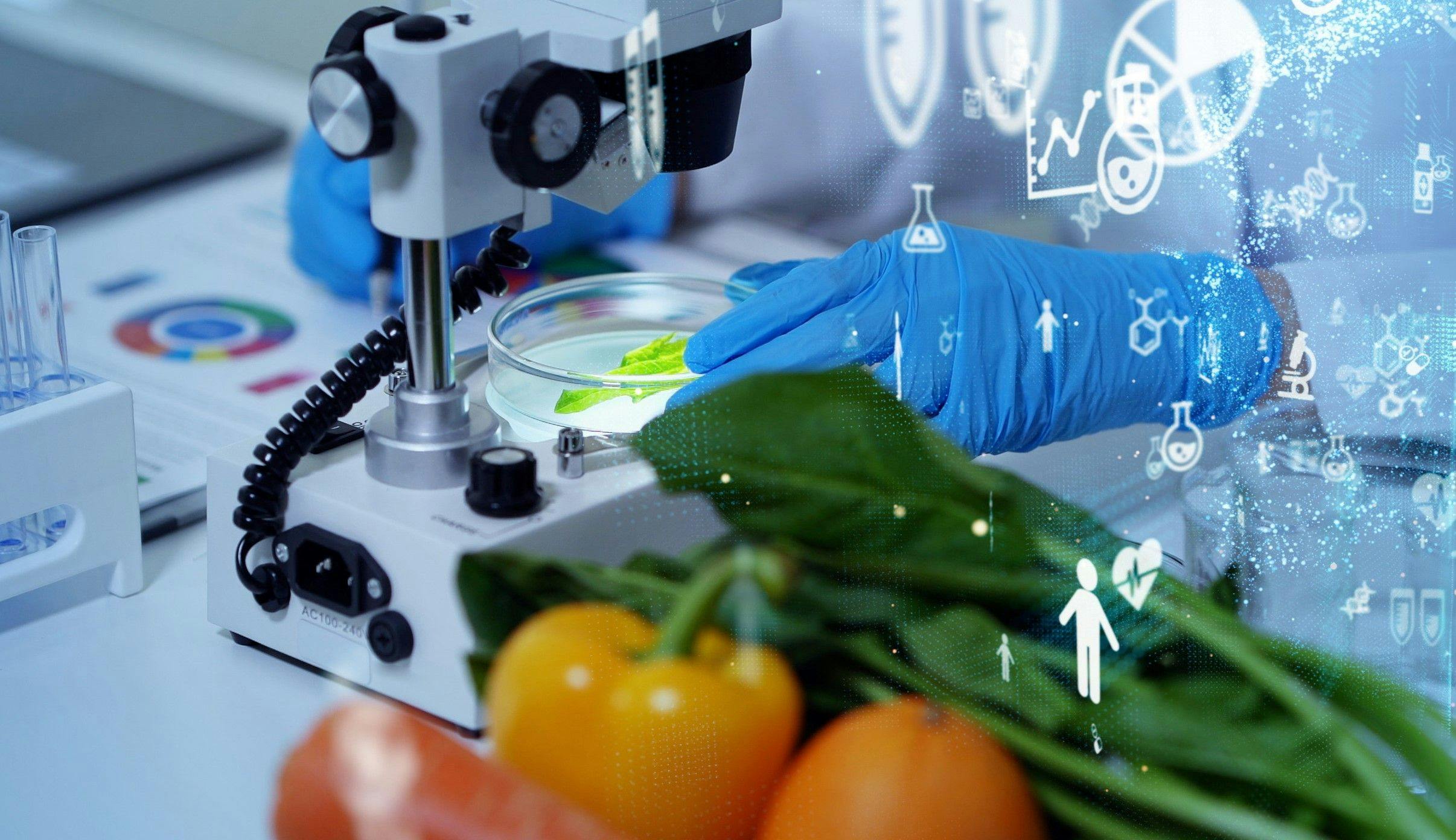
Smart Food Production
The strength of East Netherlands lies in the diversity of its business community and its internationally recognised knowledge institutions. Wageningen University & Research (WUR) is the world's number one in agri-food research. The region has attracted a large number of research centres of food multinationals in the last decade. In addition, our innovative SMEs and large(r) companies, and agricultural cooperatives are important suppliers to the entire global food production system. Think of FrieslandCampina, Kraft Heinz, ForFarmers and Unilever. In the East Netherlands, we are strongly committed to these national and international connections to maximise the impact of research and innovation projects.
The East Netherlands has an important position in the global food system, and from this position we are able to make a significant contribution to finding new solutions to social challenges. It is not a coincidence that the region has a large number of field labs in which we can quickly test and share new developments. Start-ups from home and abroad use our food ecosystem to develop themselves.
The East Netherlands actually offers room for both the implementation of nature-inclusive circular agriculture and the development and application of artificial intelligence (AI), miniaturisation and robotisation in agriculture and the food industry. This provides unique opportunities to further strengthen the crossovers between other specialisations of the region (health, technology, clean and circular materials).
The East Netherlands Innovation Agenda
Circular food system
The systemic change towards circular agriculture is a transition that can only be achieved by making substantial investments and by engaging in more intensive collaboration between parties. From farm to fork, in which raw materials retain their value and residual flows are put to good use and - if possible - upgraded in the (food) chain. The East Netherlands has everything needed to become a hub for a circular food system. There are prominent knowledge institutions, motivated and experienced intermediary organisations, leading entrepreneurs from the primary sector, small and large food companies with R&D centres in the region and regional collaborations with food as a spearhead.
Next generation protein solutions
The strong position of East Netherlands within the theme of protein transition forms the basis for further steps that contribute to a diet with less animal protein. Both knowledge institutions and companies are already fully committed to this. New investments are necessary to explore and develop more alternative sources of protein. We are thinking of relatively unknown vegetable protein sources that could be suitable for human consumption, but also of new sources such as water lentils and algae. Refining proteins from residual flows is promising, but requires expensive hardware in pilot facilities. Solutions will eventually find application in consumer products and also in animal feed (as an alternative to imported soya).
Smart food production
Smart solutions are needed to provide a growing world population with healthy and sustainable food. The use of chip and sensor technology and Internet of Things (IoT) to achieve smart connections in production environments has been chosen as the ThinkEast Netherlands 'icon'.
Smart technologies lead to less waste (by detecting declining quality very early), fewer emissions or higher animal welfare. Robotics is also advancing rapidly and is becoming an essential production factor, both for the farmer and the food producer. Digital connections in the system up to the consumer lead to chain changes, such as shorter chains.
Living labs
In East Netherlands, we test system changes (circular, protein & digital) in practice and further development takes place with (end) users. We do this under the name of 'Proeftuinen' (living labs). This way of working is an essential link in the implementation and further rollout of agri-food innovations. The East Netherlands in particular has a well-developed innovation ecosystem, an appropriate scale and wants to play an important role in this.
Key technologies
Investing in key technologies is investing in the future of the (Eastern) Netherlands. Three key technologies are prominent in making agri-food more sustainable:
- biotechnology: innovative breeding of plants, animals and micro-organisms;
- information technology: development and application of AI for food, sensorics, big data, IoT and connectivity;
- smart systems: combined high-quality technologies as used in robotics, monitoring and control, digital production processes, process automation and conversion and separation technology in production processes.
Contact



Sustainable Development Goals
